
Advent calendar 2016
November 30, 2016 | Issue 37Welcome to the Science in School Advent calendar, packed with inspiring teaching ideas for Christmas, winter and the end of term.


Welcome to the Science in School Advent calendar, packed with inspiring teaching ideas for Christmas, winter and the end of term.
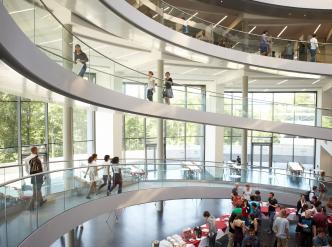
A teacher from Hannover, Germany, explains how scientific conferences enrich her teaching.
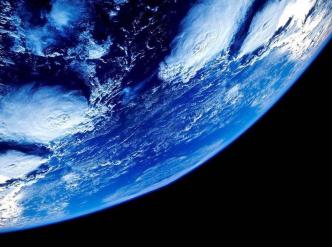
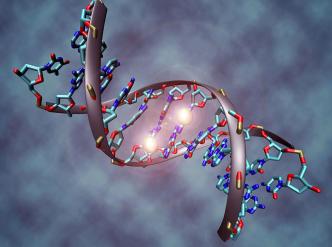
Our genetic information is encoded in our DNA, but that is only part of the story.
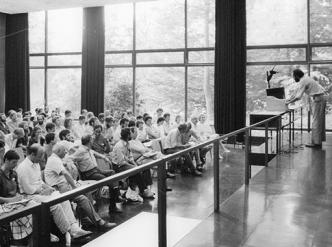
How Anne-Flore Laloë is chronicling the life and works of a scientific institution.
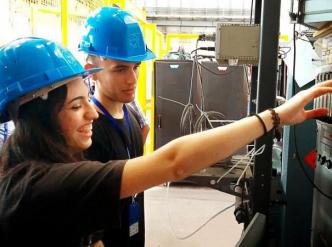
Win the Beamline for Schools competition and take a trip to CERN to do your own real-life particle physics experiment.
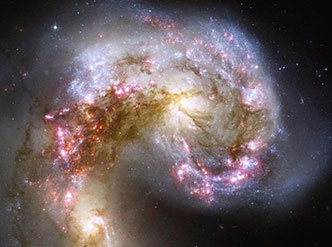
Astronomers are still trying to discover exactly why galaxies formed in spiral shapes, and what’s likely to happen to our galaxy in the future.
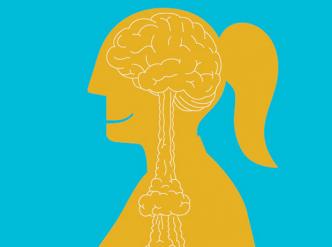
Studies of radiocarbon are helping scientists to understand how neurons remain stable yet adaptable.

Taking inspiration from nature’s amazing ability to heal wounds, this biology-inspired technology could create aircraft wings that fix themselves.
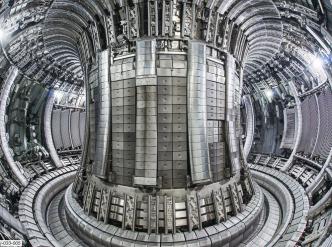
Science in School is published by EIROforum, a collaboration between eight of Europe’s largest inter-governmental scientific research organisations (EIROs). This article reviews some of the latest news from the EIROs.
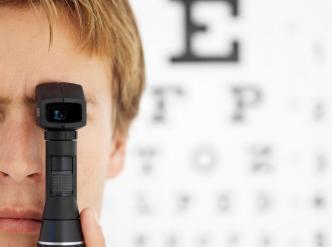
Exploring visual acuity requires not only biological experiments, but also some understanding of the underlying physics.
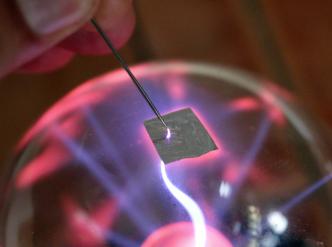
Plasma is the fourth state of matter, after solid, liquid and gas – but what is it like and what can it do? Plasma globes allow us to answer these questions – and more.
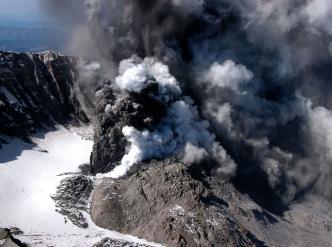
Using effervescent heartburn tablets, model the action of volcanoes to measure the intensity of the explosions and create your own measurement scale.
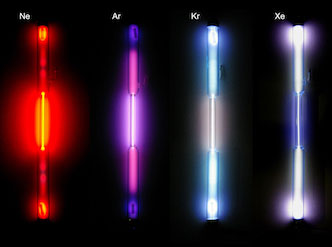
Find out how we know what the Sun (and stars) are made of.
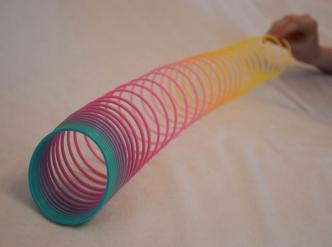
Use one of the most surprising experiments in classical mechanics to teach the scientific method, video analysis and mechanics.
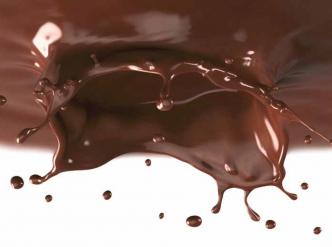
Teaching viscosity can be sweetened by using chocolate.
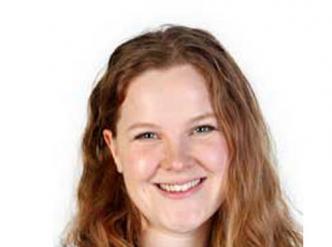
The new academic year is a time for new beginnings: new challenges, opportunities, students, colleagues and, most importantly, new ideas. Possibilities stretch out before us, each one beckoning us to a different outcome.